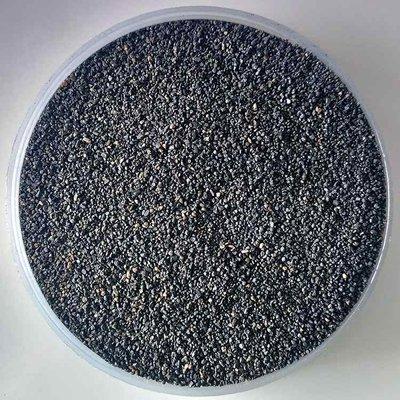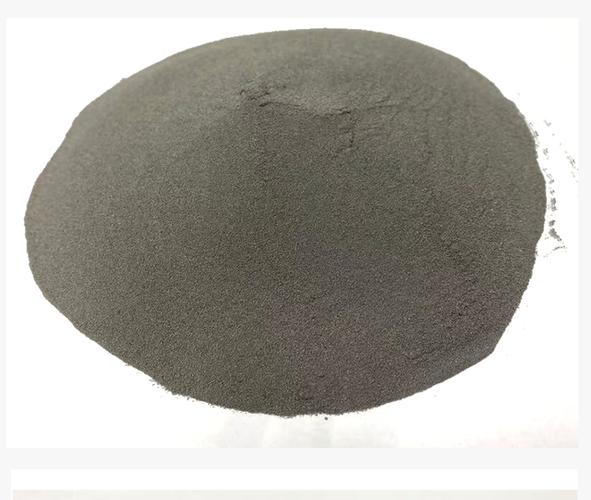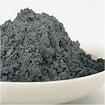Overview of Iridium oxide/Platinum dispersed titanium Insoluble anode for electrolysis
Titanium (Ti) is a chemical element with the atomic number 22 and is symbolized as Ti on the periodic table. It belongs to the transition metals group and is known for its low density, high strength-to-weight ratio, and exceptional corrosion resistance. Discovered in 1791 by William Gregor, titanium has become a vital material across numerous industries due to its unique combination of properties.
Feature of Iridium oxide/Platinum dispersed titanium Insoluble anode for electrolysis
-
Low Density and High Strength: Titanium is about 45% lighter than steel but possesses similar strength, making it ideal for applications where weight reduction is critical without compromising strength.
-
Corrosion Resistance: It forms a passive oxide layer that protects the underlying metal from corrosive substances, including sea water and chlorine, making it highly resistant to corrosion.
-
Biocompatibility: Titanium is well-tolerated by the human body and doesn’t cause adverse reactions, which is why it’s widely used in medical implants and surgical instruments.
-
Heat Resistance: With a melting point of 1,668°C (3,034°F), titanium can withstand high temperatures, making it suitable for aerospace and automotive applications.
-
Non-Magnetic and Non-Toxic: These properties make titanium ideal for applications in MRI machines and other sensitive electronic devices.
-
Fatigue Resistance: Titanium demonstrates excellent resistance to metal fatigue, crucial in cyclic loading applications such as aircraft parts.
.

(Iridium oxide/Platinum dispersed titanium Insoluble anode for electrolysis)
Parameters of Iridium oxide/Platinum dispersed titanium Insoluble anode for electrolysis
The specific parameter values of the Iridium oxide/Platinum dispersed titanium insoluble anode for electrolysis will depend on various factors such as the concentration of Iridium oxide and platinum in the solution, the distance between the anode and the cathode, the temperature of the solution, and the electrolyte used.
However, some general guidelines for setting these parameters include:
* Iridium oxide concentration: The amount of Iridium oxide in the solution should be sufficient to maintain a high concentration of ions per unit volume, typically above 1 M. This can be determined experimentally by measuring the concentration of ions after electrolysis.
* Platinum concentration: The amount of platinum in the solution should be similar to that of the Iridium oxide, to ensure adequate contact with the catalyst and promote efficient electrolysis.
* Anode distance from cathode: The distance between the anode and cathode should be optimized to achieve a uniform distribution of charges and prevent electrode slippage.
* Temperature: The temperature of the solution should be maintained within a safe range, typically between 20°C and 50°C, to prevent overheating and damage to the materials.
* Electrolyte type: The electrolyte should be chosen based on its compatibility with the materials involved in the electrolysis process, and its reactivity with the dissolved species.
These parameters should be adjusted through experimentation and optimization to achieve optimal performance of the electrolysis device.

(Iridium oxide/Platinum dispersed titanium Insoluble anode for electrolysis)
Company Profile
Metal in China is a trusted global chemical material supplier & manufacturer with over 12-year-experience in providing super high-quality copper and relatives products.
The company has a professional technical department and Quality Supervision Department, a well-equipped laboratory, and equipped with advanced testing equipment and after-sales customer service center.
If you are looking for high-quality metal powder and relative products, please feel free to contact us or click on the needed products to send an inquiry.
Payment Methods
L/C, T/T, Western Union, Paypal, Credit Card etc.
Shipment
It could be shipped by sea, by air, or by reveal ASAP as soon as repayment receipt.
FAQ

(Iridium oxide/Platinum dispersed titanium Insoluble anode for electrolysis)





